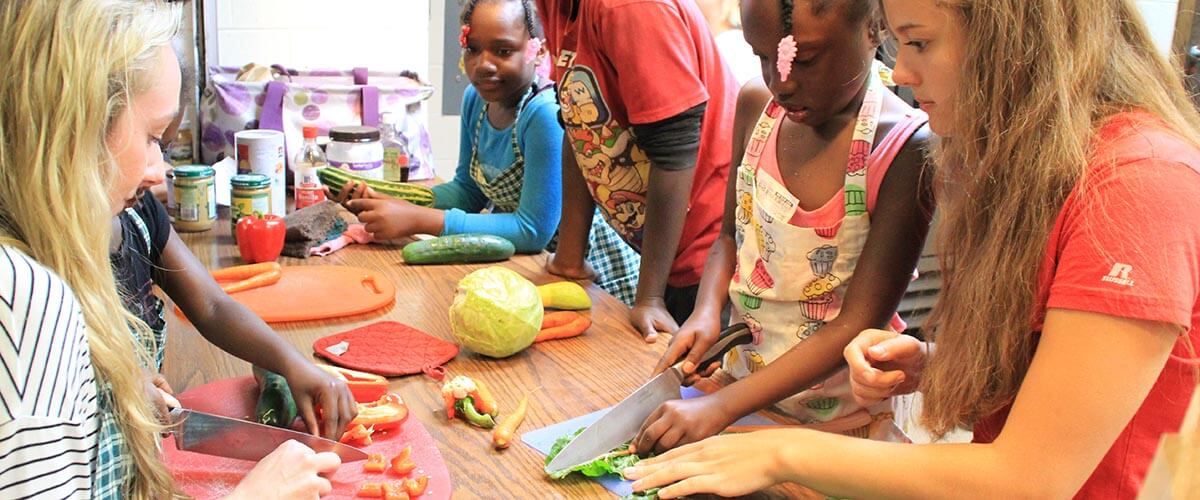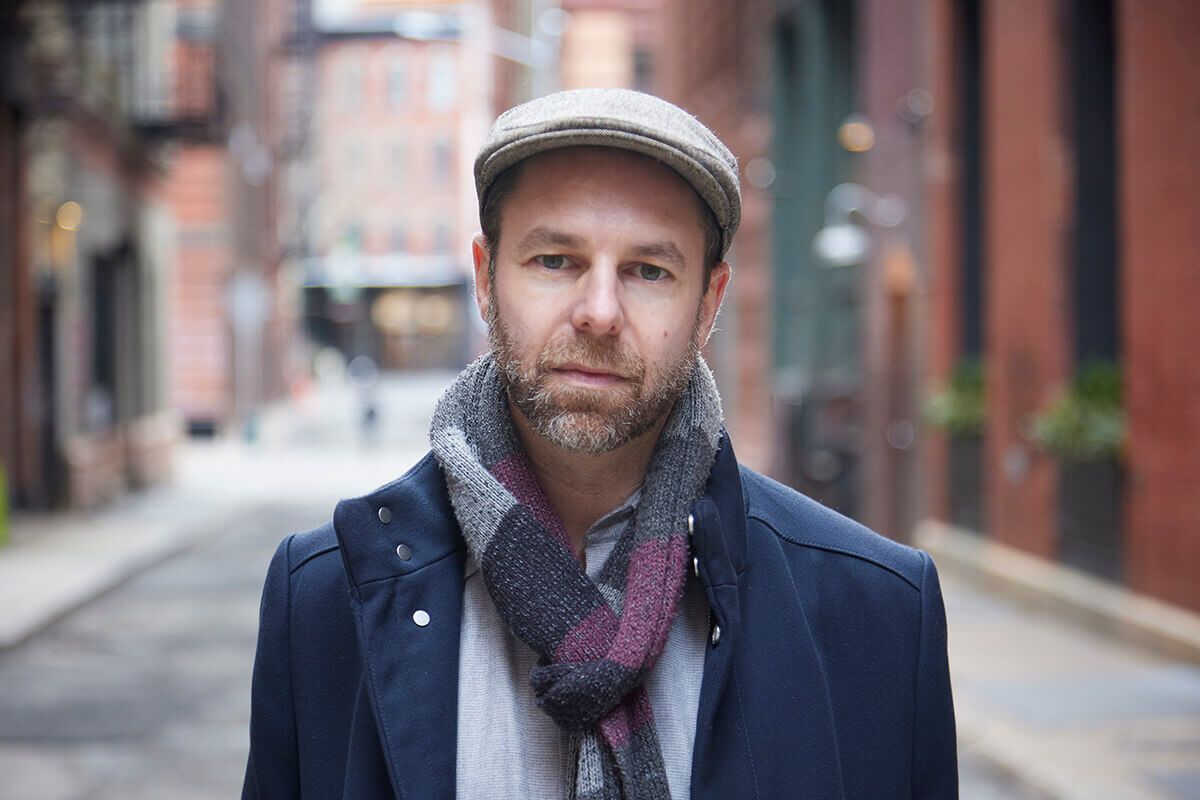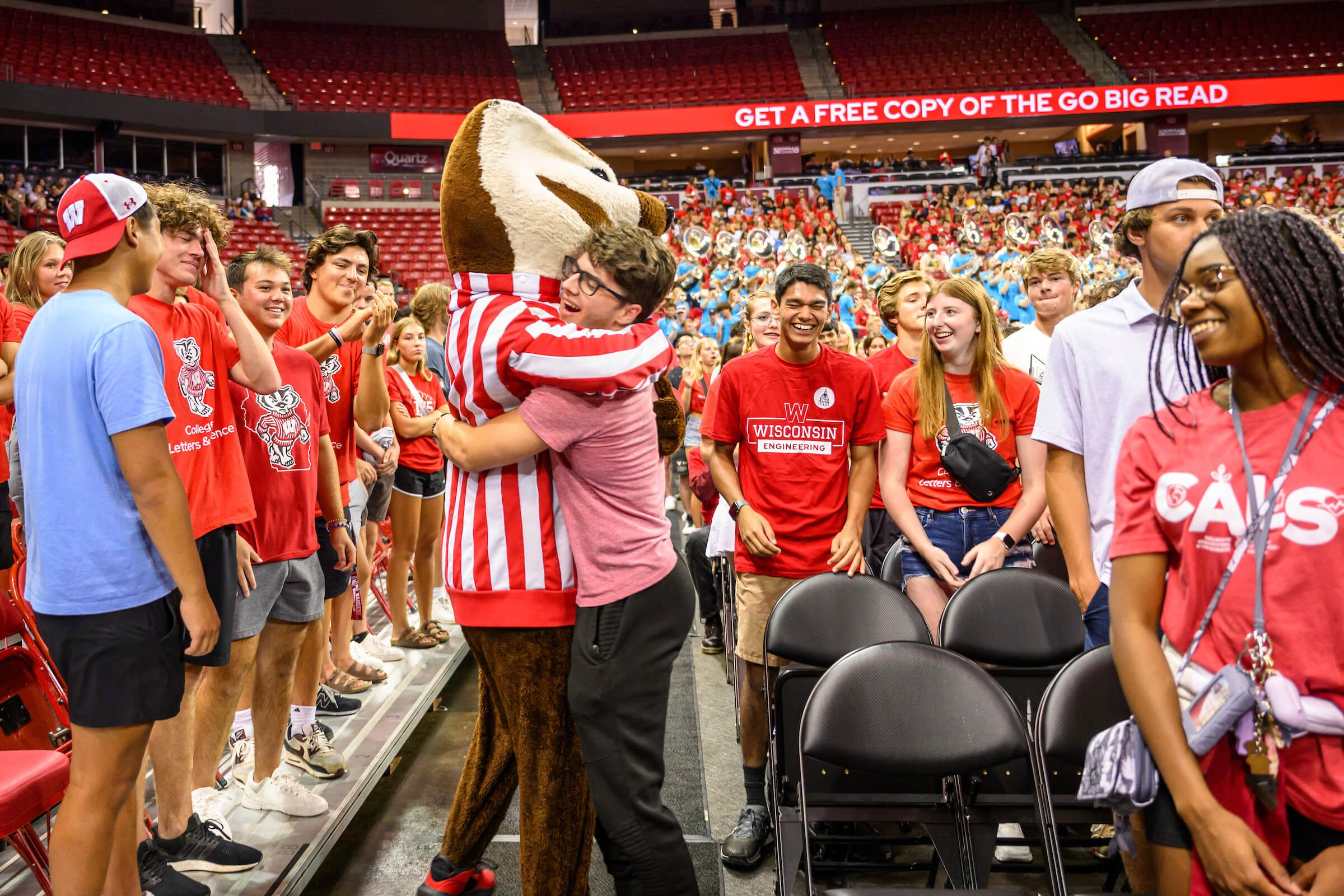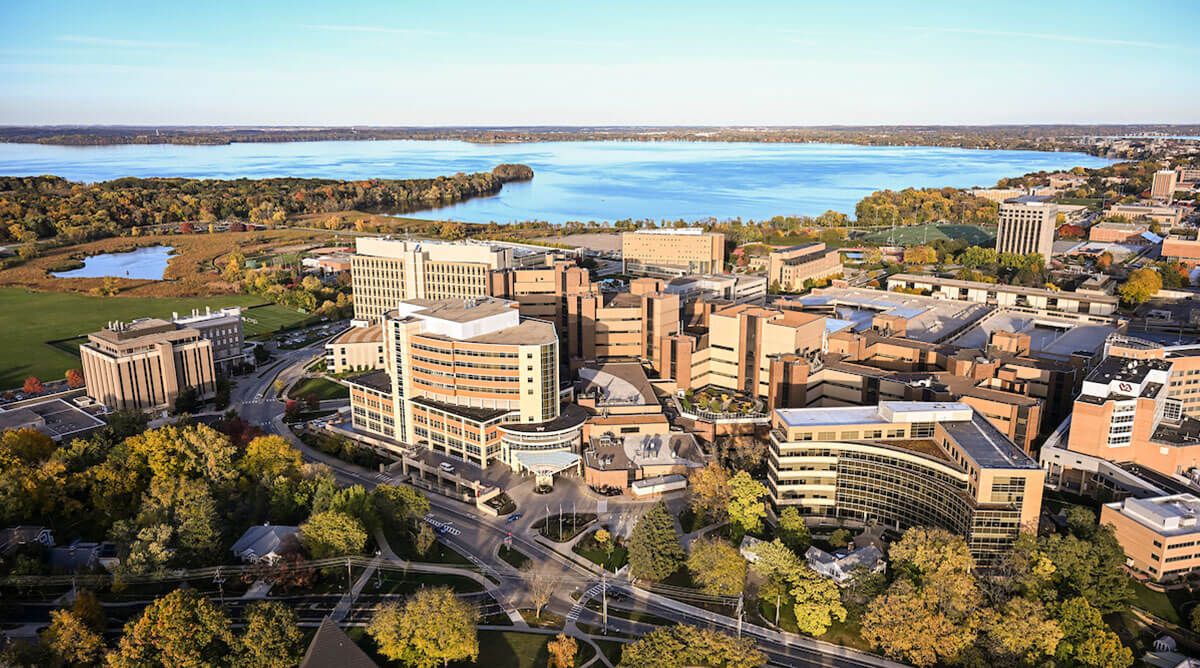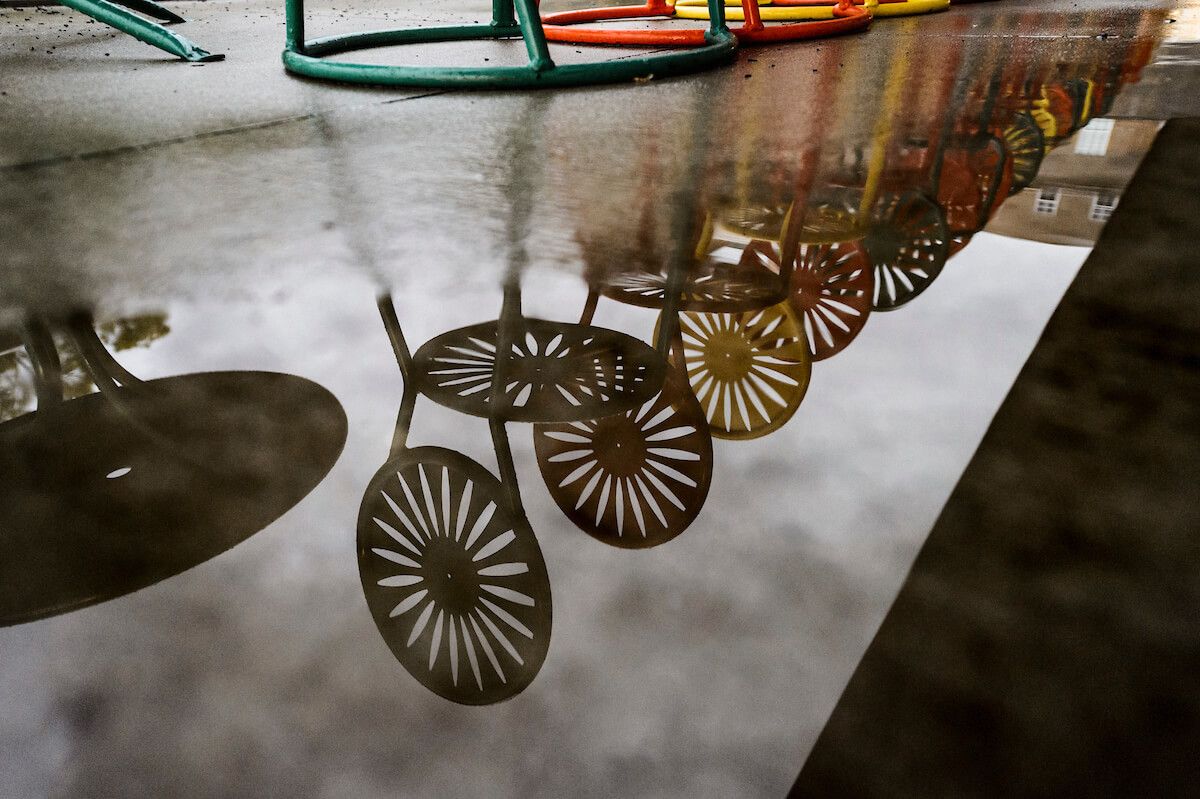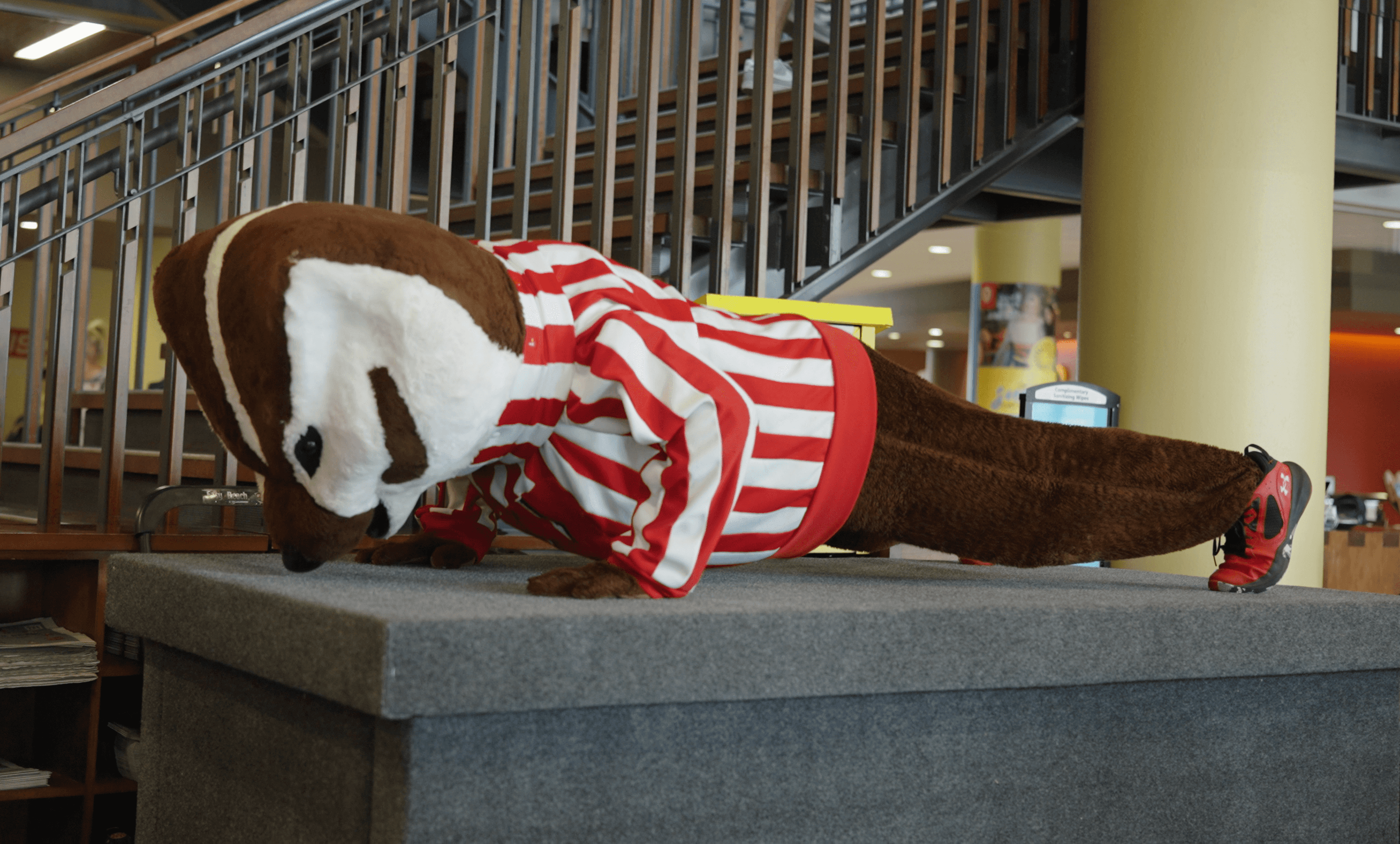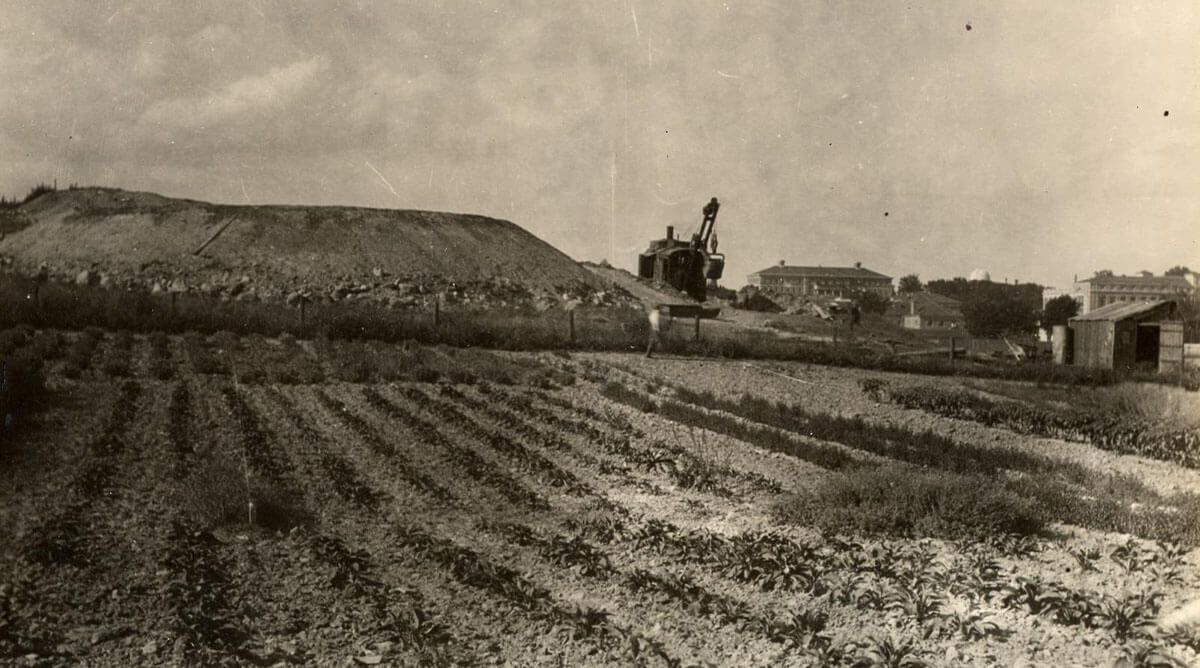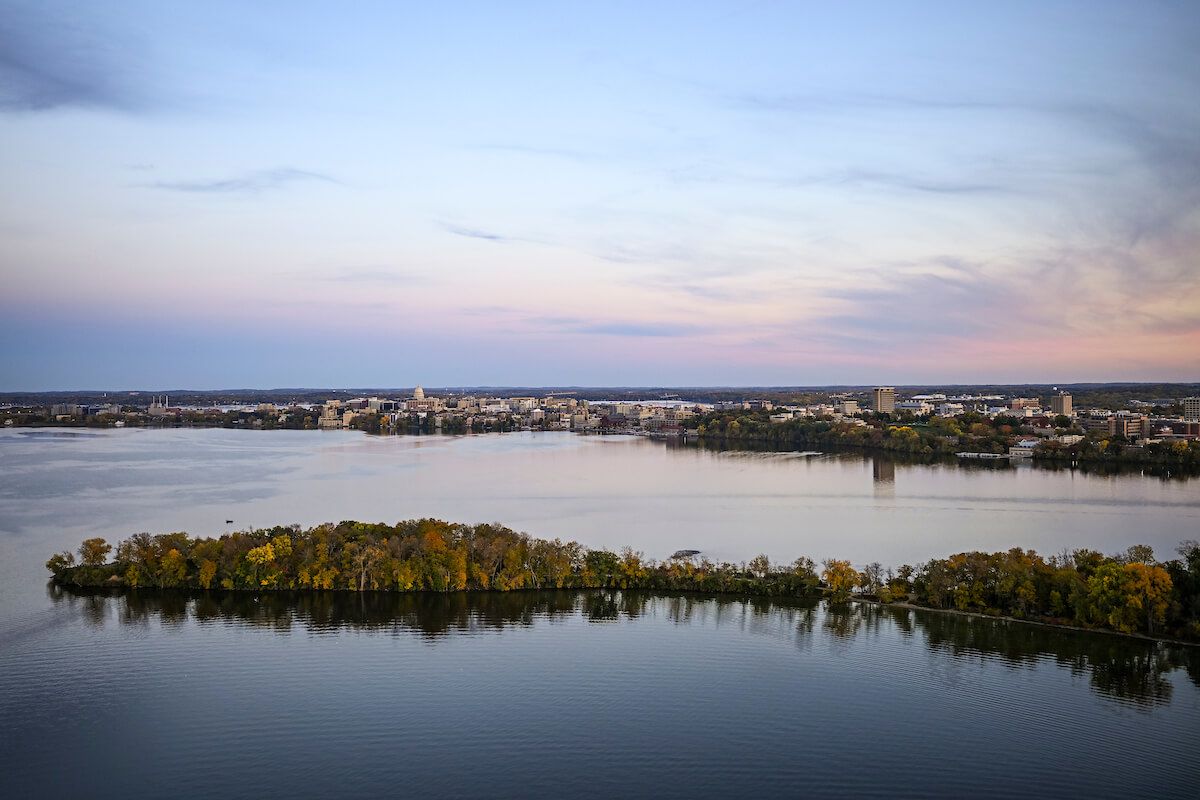Having grown up together in the Milwaukee metropolitan area, UW–Madison students Katie Piel and Natalie Hogan were well aware of food-security issues throughout their hometown, but it wasn’t until college that they learned how they could address these problems.
Piel, an environmental studies and communication arts double major, was taking notes in a lecture on food-system sustainability taught by Professor Cathy Middlecamp when she realized that she could take her notes beyond the classroom. At the time, she was brainstorming ideas for an application to the Wisconsin Open Education Community Fellowship Program along with Hogan, a dietetics and Spanish major.
“It makes me feel like we’re creating a much wider impact than we had originally intended.”
Natalie Hogan
The summer fellowship program, which is cosponsored by the Morgridge Center for Public Service and the Division of Continuing Studies’ Educational Innovation Program, provides grants to a select number of student projects that serve Wisconsin communities under the guidance of a Massive Open Online Course, a faculty mentor, and a community partner.
“Once we thought of the Urban Ecology Center, we realized it really fit because they’re already well established,” said Piel of the Milwaukee-based environmental organization. Piel and Hogan decided to develop an educational component for the Young Scientists’ Club, an affordable, drop-in community program at the Urban Ecology Center’s Washington Park and Menomonee Valley locations in Milwaukee.
Their plan was to develop lesson plans for the Young Scientists’ Club by simplifying and teaching the concept of climate change through interactive, enjoyable activities in gardening, local and sustainable agriculture, and healthful cooking and eating. “The idea we wanted to instill is that not only is healthful eating better for you,” said Hogan, “but that it can also be just as fun and just as delicious as going and buying a fast-food meal.”
The students capped off their summer fellowship with a “slow food–style” dinner prepared by the children in the Young Scientists’ Club for their parents. The dinner was inspired by some of the conversations that Piel and Hogan had had with parents during or after the weekly programming about how to take their healthful eating, cooking, and gardening activities home. “It makes me feel like we’re creating a much wider impact than we had originally intended,” said Hogan. And through their efforts, Piel and Hogan have found new ways to bring the Wisconsin Idea to life and move the UW forward.
